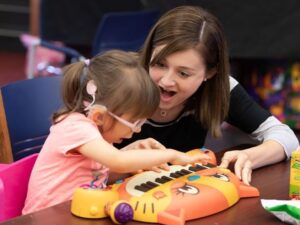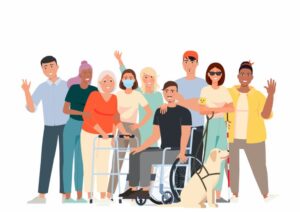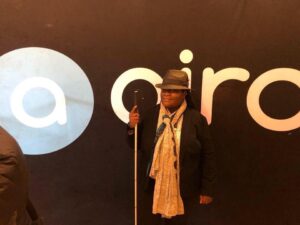Community and News
The DeafBlind Community
Deafblindness is the condition of little or no useful hearing and little to no useful sight. Different degrees of vision loss and auditory loss occur within each individual, thus making the deafblind community unique with many types of deafblindness involved.
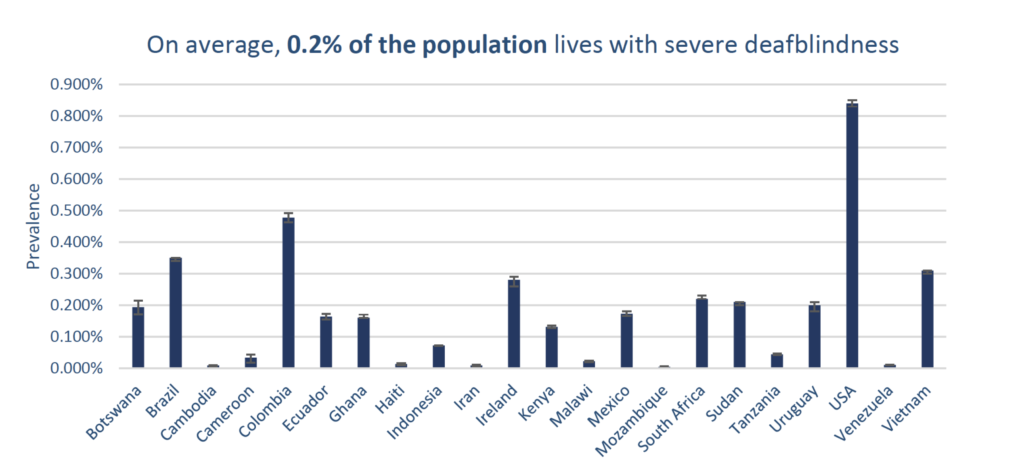
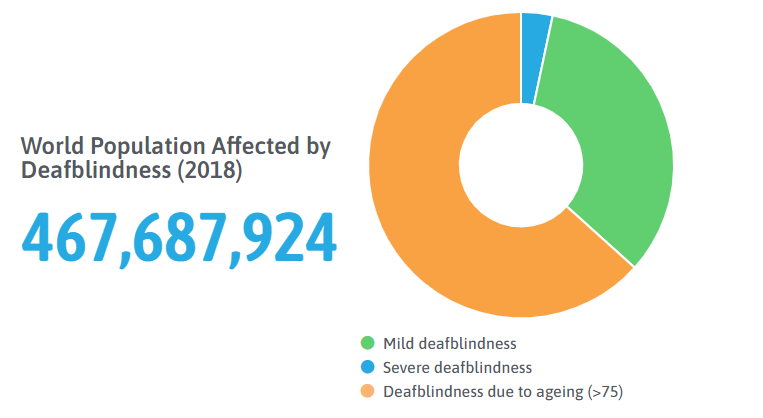
World Federation of the DeafBlind Global Report 2018 – https://wfdb.eu/wfdb-report-2018/
Newsletters, Press Releases, and blogs
Welcome to the pulse of innovation at Tatum Robotics! Stay up-to-date with the latest breakthroughs, exciting developments, and insightful perspectives on accessibility in robotics. Our News, Press, and Blog page is your gateway to a world where technology meets inclusivity.
Interviews
Tatum Robotics’ Interview page is your backstage pass to the stories, motivations, and lived experiences of the DeafBlind folks behind our team and pushing us toward a future where accessibility is at the forefront of innovation.
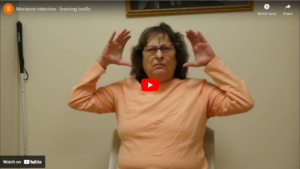
Transcript – DeafBlind Braille
Hello, my name is Marianne and I’m DeafBlind. I grew up in my hometown of Quincy, Massachusetts. I was born Deaf, but later became blind in my 30s.
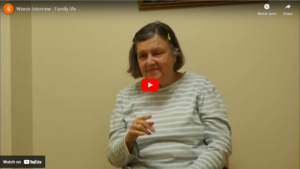
Transcript – DeafBlind Family Life
I went to the New Jersey School for the Deaf. The nurse checked my eyes and informed my mother that I needed to see a professional doctor for retinitis pigmentosa.
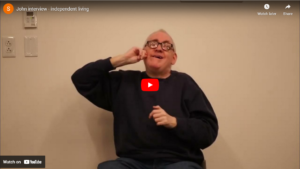
Transcript – DeafBlind Living
Hello everyone! I would like to talk about my independent living. I want to first describe how I lived independently when I was a student at Perkins School for the Blind.
aDDITIONAL RESOURCES
Founded in 1980, the Deaf-Blind Contact Center (DBCC) has been proudly serving the Boston Deafblind community for 39 years. DBCC is a nonprofit social organization of and for Deaf or hard of hearing individuals who have a vision loss. Our mission is to enrich the lives of our members through socializing, educate our community and provide advocacy.
The Usher Syndrome Coalition is the only organization in the world working to find and support every individual and family living with USH, regardless of where they live, what type of USH they were born with, or their method of communication.
AADB is a national consumer organization of, by, and for deaf-blind Americans and their supporters. Their mission is to ensure that all deaf-blind persons achieve their maximum potential through increased independence, productivity, and integration into the community.
Perkins School for the Blind is the leader in education services for children and young adults with disabilities and visual impairments. Perkins School for the Blind, in Watertown, Massachusetts, was founded in 1829 and is the oldest school for the blind in the United States.
DBCAN matches DeafBlind adults with trained Providers who assist with accomplishing everyday tasks, such as: reading mail and other printed materials, exercising and participating in fitness programs, using the MBTA and other modes of transportation, doing personal errands (bank, hair salon, shopping, and more), and attending medical appointments. Additionally, this support ensures our DeafBlind community members can also engage in cultural, educational, recreational, and religious events.
DBCS is one of Canada’s leading providers of specialized support and emergency services for people who are living with a loss of both hearing and sight. Their dedicated professionals work with people who are Deafblind both one-on-one and in group settings to facilitate communication, access, independence, and participation in all parts of daily life. Their services range from intervenor services to literacy and basic skills training to emergency intervenor services in critical situations.
iCanConnect provides free equipment and training for people with both significant hearing and vision loss who meet the program’s disability and income eligibility guidelines. iCanConnect is a national program with local contacts that helps people stay connected to friends, family and the world.
As a national technical assistance center, NCDB works with state deaf-blind projects and other partners to improve educational results and quality of life for children who are deaf-blind and their families.
Helen Keller National Center (HKNC) is the only national program providing comprehensive vocational rehabiliation services to youth (16 and older), working-age adults and seniors (55 and older) with combined hearing and vision loss. We work together with people who are DeafBlind to achieve their goals and aspirations.
WFDB aims to improve the quality of life of persons with deafblindness worldwide, with the objective of achieving their equal rights and equal opportunities in all areas of society, to be a worldwide forum for the exchange of knowledge and experiences in the area of deafblindness, and to increase international solidarity among organisations of persons with deafblindness.
